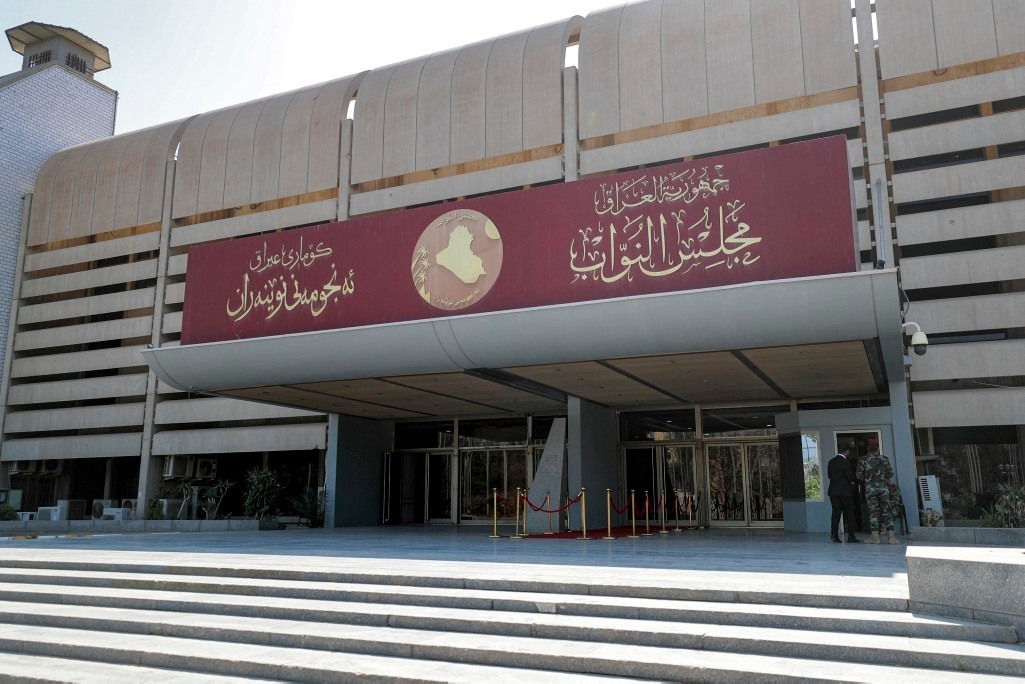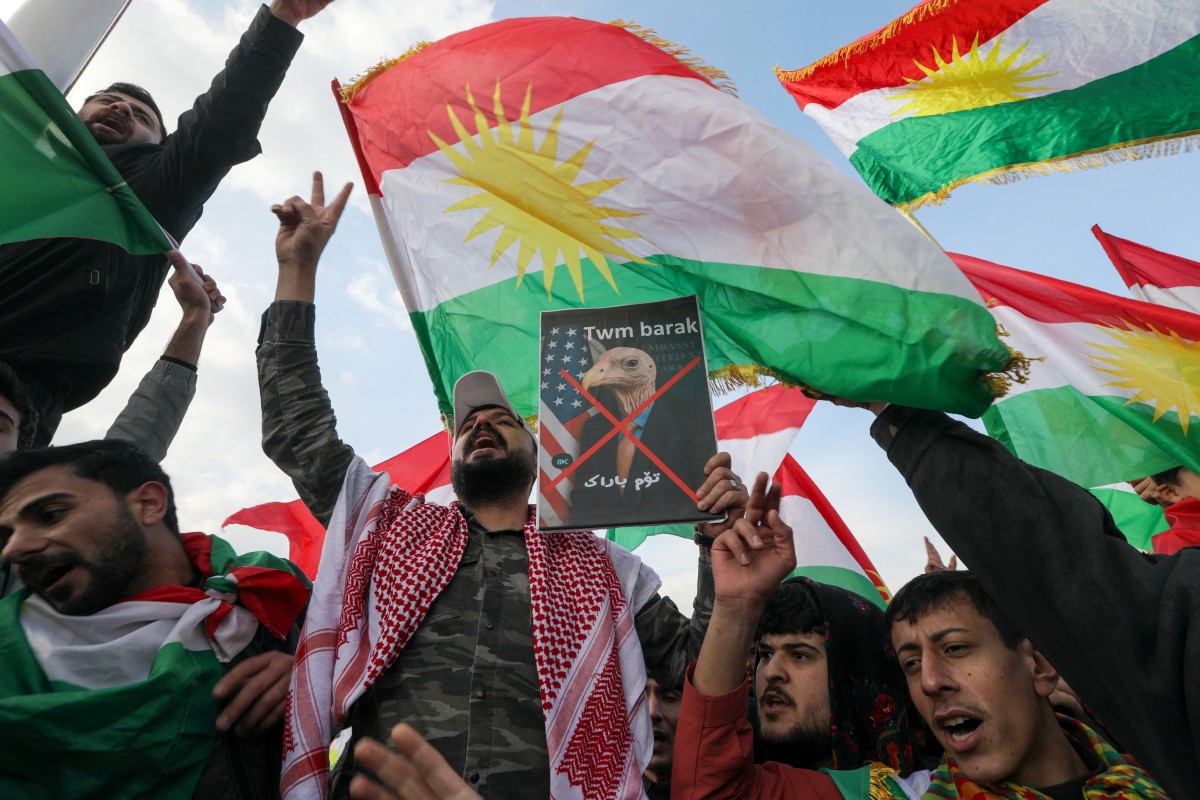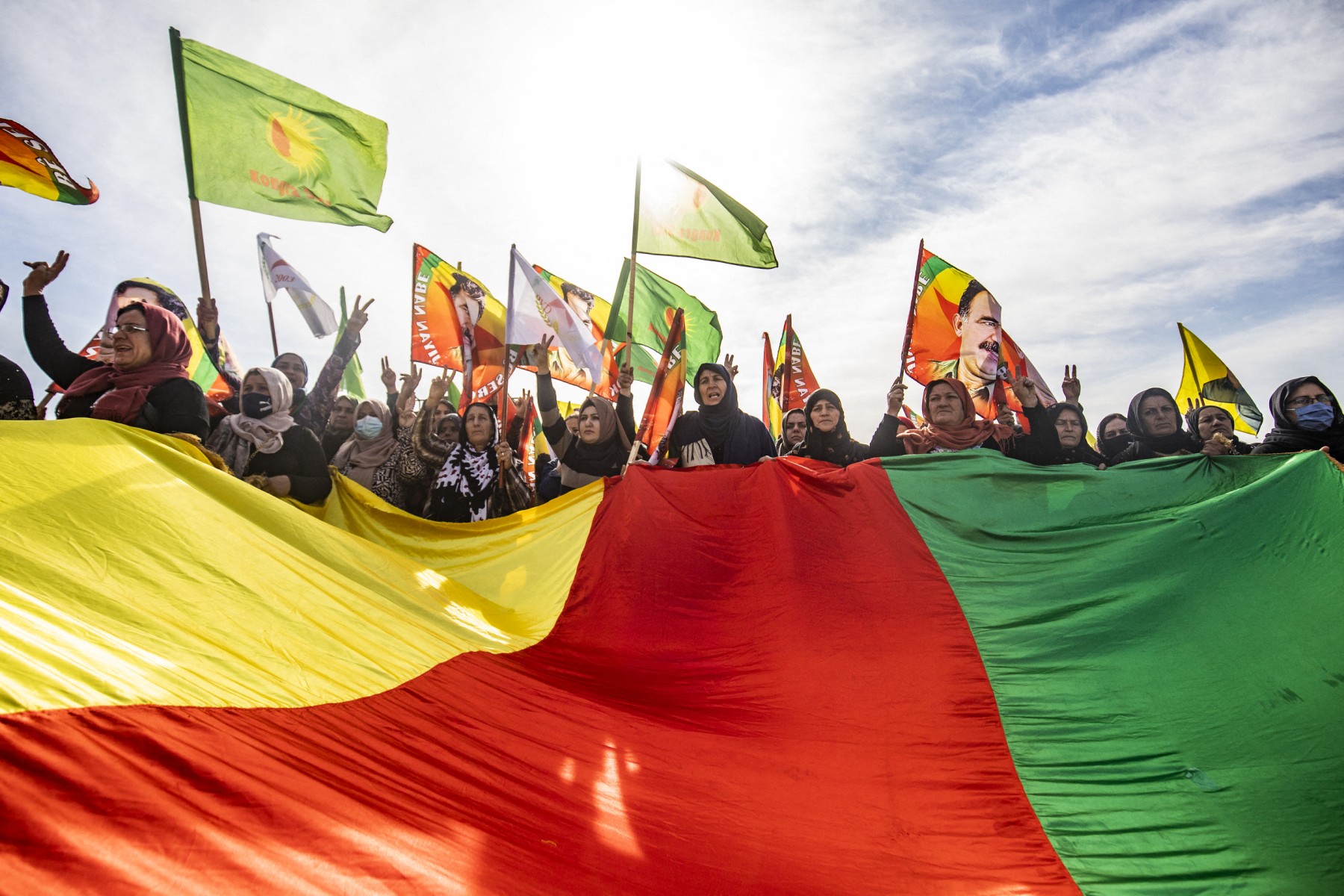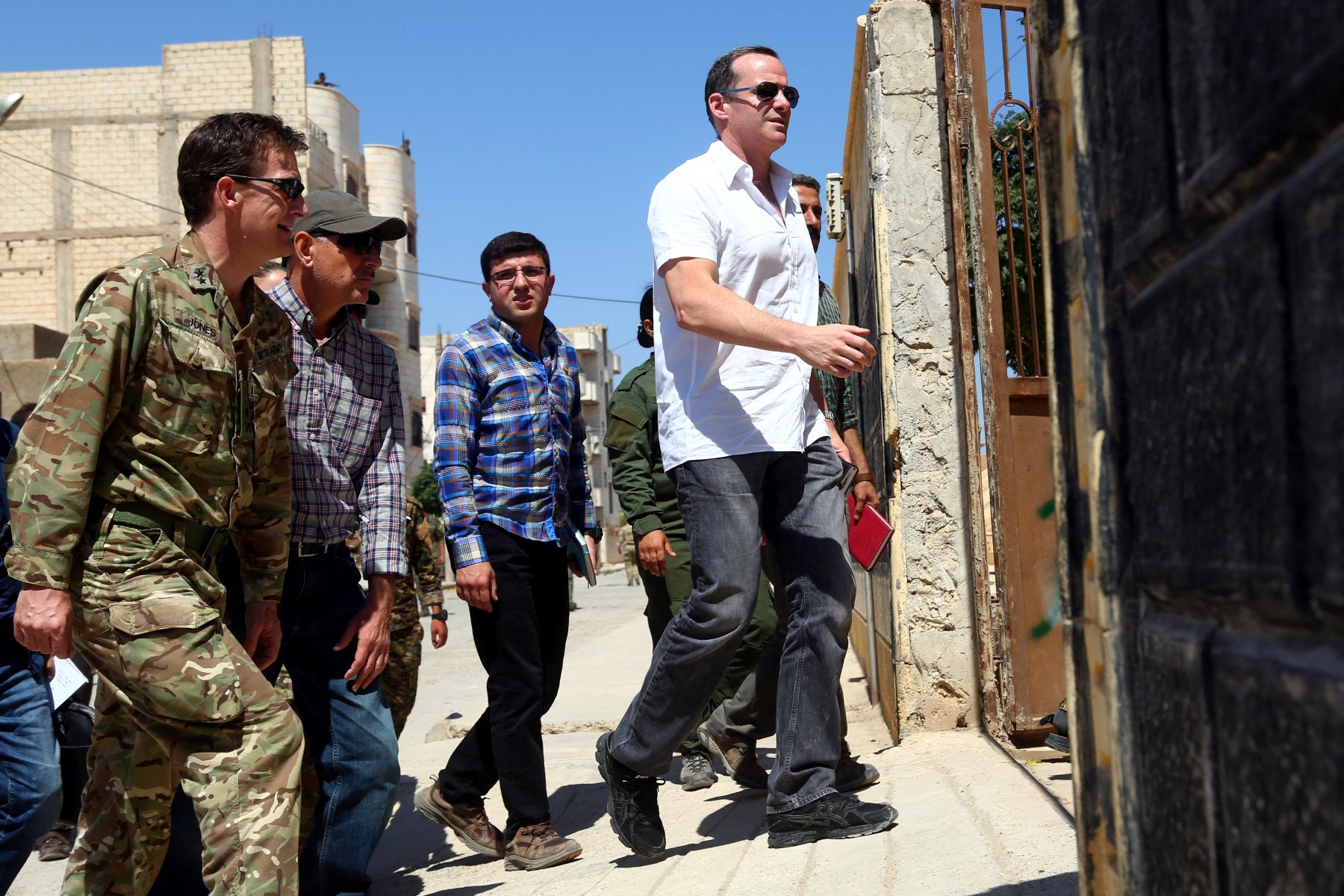Federal-phobia: what they talk about when they talk about federalism in Levant

In the Middle East, there is a phobia when it comes to the idea of federalism. Speaking to Rudaw on the relationship between the Kurds and the new Syrian government, the U.S. Special Envoy for Syria, Tom Barrack—who is also the US Ambassador to Turkey—stated, “the difficulty is, in all of these countries, what we’ve learned is federalism doesn’t work.” To support his statement, he elaborated, “You can’t have independent non-nation states within a nation.”
The statement is intriguing in many ways. First, Ambassador Barrack employs the concept of “non-nation state” to describe the Kurds and a possible federal system within Syria and Iraq. Accordingly, the “non-nation-state” peoples—meaning Kurds and other minorities—are communities within Syria—a nation. As a community, not a nation, they therefore lack the rights to pursue independence or any form of self-rule, including federalism.
Secondly, rejecting federalism based on the Iraqi experience, is misleading at best. Iraq does not function as a fully-fledged federal system, and, arguably, its ongoing challenges stem from this incomplete federal structure. Almost twenty years after Iraq ratified a federal constitution, the system now resembles a centralized state more than a federal one. Federalism in Iraq was not everyone’s first preference to begin with.
Thirdly, there are numerous factors behind the U.S. opposition to federalism and advocacy of a centralized state—ideological, economic, and geopolitical, and even personal.
Mr. Barrack is not an ordinary diplomat; he is U.S. President Donald Trump’s man in the Levant and Gulf regions. While born in America, he has spent most of his life in the Middle East. He not only has deep ties to the region through powerful friends, connections, and interests; he also holds a certain nostalgia for it—especially for the Ottoman Empire. Unlike many of his predecessors, his discourse does not revolve around democracy or rights. This does not merely reflect Barack’s own lack of interest in these concepts. It also signals a shift in the U.S.’s domestic and international stance.
In many ways, the U.S. today is not only undemocratic but arguably also anti-democratic. That neither Trump, during his visit to the Gulf, nor Barrack recently uttered the word “democracy” in relation to the Middle East is telling. Omitting democracy makes it easier to reject federalism, especially in a region where a culture of democracy, rights, and recognition of differences remains weak.
The long history of poor awareness about federalism has created an atmosphere of widespread misinformation and misunderstanding across the region. Among its opponents, federalism is viewed as a stepping stone or conspiracy to split the country—this perception also reflects the fragility of regional states. Federalism is portrayed as a foreign, rather than local, demand since the demands of minorities have long been dismissed not as genuine, but as externally prompted and incited.
This attitude toward federalism mirrors a deeper cultural issue related to the role of the state and power within the region. Middle Eastern societies, whether Islamic or non-Islamic, generally lack a sophisticated philosophy or understanding of the state. Power is often understood as centralized, personal influence, rather than as the art of governing a society.
That said, federalism is neither alien nor new to the region. In many respects, it is older and more deeply rooted than the post-colonial state structure in the region. In the early 1920s, during the French Mandate years, Syria was ruled by a federal government. According to Syrian historian Sami Moubayed, “The Syrian Union federalized many important government sectors, such as finance, justice, public works, land registry, religious endowments (awqaf), postal and telegraph services, education, and the gendarmerie. Each state would keep its own school curriculum, flag, stamps, land ownership papers, and birth certificates.”
Syrian federalism may have been short-lived; however, it was part of a broader tradition. Under the millet system during the Ottoman Empire, rulers governed the diverse population as distinct communities, delegating power to intermediaries and community leaders.
In that context, Western views that prioritize monopoly of power are relatively new to the region and have led to dictatorship, widespread violence, and even genocides. States that have adhered to such models are unsurprisingly labeled as failed states, or at best, as quasi-states.
The behavior of regional actors and their ambitions are not helpful either. As Iran and Russia weaken and the U.S. loses interest in the region, other players see opportunities to pursue their own interests. Turkey and the Gulf countries are two big actors in this regard. The Turkish state continues to cling obsessively to ideas of oneness: “one nation, one flag, one state,” and more recently, “one religion”—Sunni Islam—as the basis of the nation. Furthermore, for nationalist reasons, Turkey supports centralization and Sunni dominance in Syria, in line with President Erdoğan’s view and regional ambitions. Turkey’s elites view the situation in Syria as both a threat and an opportunity: they seek expansion but fear losing what they already have.
Meanwhile, the Gulf countries are decisive players in the region. They support local factions, increasingly shaping the political and economic policies of other states. Their influence is concentrated in the market and consistently sectarian. Politically, they are conservative; economically, they are neoliberal. They prioritize privatization, foreign investment, and cuts to subsidies and social spending, as Adam Hanieh argues. In other words, the Gulf countries are not concerned with minority rights, democracy, or other liberal values—including federalism.
Given all this, one might wonder how Mr. Barrack evaluates centralism, if he argues that federalism has failed. By all measures, the failures of centralism are far more significant.
After a century of failed centralized states, it is time to consider alternative ways of organizing state and societies in the region. While the term “federalism” may be alien to the political lexicon of the region, it has always been there as a reality. Before the rise of modern nationalism and the nation-state, the Levant was governed through local emirates and principalities. Local and self-governance have often been the norm.
At the core of the idea of federalism is the will to unite. As much as federalism is a call for decentralization, it equally calls for unity. Federalism has deep social roots; these roots provide enough spirit to sustain federalism as a system, in contrast to manufactured centralism.
As experts on the region reiterate, the two waves of democratic uprisings in 2010–2012 and 2018–2019 clearly highlight a demand for a different model of governance –one that emphasizes inclusive citizenship and basic services. The relationship between rulers and the ruled must be transformed through a new social contract, based on the rule of law and the provision of public goods.
Sardar Aziz
Sardar Aziz is a researcher, columnist, and international advisor. Worked as senior adviser, Kurdistan Parliament, Iraq. writes in Kurdish and English. He focuses on Kurdish politics and economy, Iraqi politics, and China-Kurdistan and Iraq relationship. He has published with numerous think tanks in the US, Europe, and the Middle East. Author of a number of books in Kurdish in the areas of governing, institutions, and political economy. He has a PhD on the State in the Arab Middle East from University College Cork (UCC) Ireland. He teaches annually at the Asian Study UCC.



